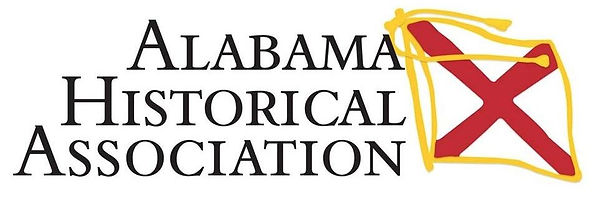
Carl Artwood Elliott, 1913 - 1999
The eldest of G.W. and Nora Elliott’s eight children, Carl Elliott was born in Vina, Alabama, and raised on a farm on Gober Ridge. The 1930 valedictorian of Vina High School, Elliott left home at the age of sixteen to attend the University of Alabama. He worked his way through college, and served as president of the Student Government Association. In 1936, Elliott earned his law degree from the university. In 1948, campaigning with the theme “From Farm Boy to Congress,” he won a landslide election to north Alabama’s Seventh U.S. Congressional District. For sixteen years he faithfully represented a constituency of small farmers, coal miners, and businessmen. A lifelong champion of universal access to education, Congressman Elliott’s Library Services and Construction Act of l956 brought books to rural counties. His National Defense Education Act of l958 enabled millions of needy students to attend college. In 1972, the University of Alabama conferred upon him an honorary Doctor of Laws degree. In l990, Congressman Elliott received the inaugural John F. Kennedy Profile in Courage Award. His autobiography, The Cost of Courage: The Journey of an American Congressman, was published in l992. For many years, Elliott lived and practiced law in Jasper, Alabama. He is buried in Jasper’s Oak Hill Cemetery.
[7111 Alabama Highway 19, Vina]
Cedar Creek Furnace
First in Alabama
3 mi. west
Erected 1815 by Joseph Heslip who used the iron to make utensils for early settlers. Iron was from surface brown ore smelted by charcoal fires.
[Before 1965: U.S. Hwy 431 near Russellville]
Jackson's Military Road
Built by Andrew Jackson, 1816-20. Shortened by 200 miles the route from Nashville to New Orleans. Provided much-needed road to Gulf for supply wagons and artillery. Built with U.S. funds and troops. Jackson's road served as model for 11 such roads built in 1820's. This road replaced narrow Indian trails. Lack of supply roads had hindered Jackson in Creek Indian War and campaigns against Spanish Florida, British at New Orleans.
[Before 1965: U.S. Hwy 431, Russellville]
Newburg
First known as New Boston when a post office was established here in 1832, by 1834 the
community was known as Newburg. The Newburg Masonic Lodge #388 was organized in 1872. Since its completion in 1878, the Lodge hall has been a center for community events, serving as
the meeting place for the Masons and other clubs, as well as church, school, and voting precinct.
Mt. Pleasant Methodist Church, active since its founding in 1824 by Rev. James Smith, located
1/4 mile east of this site.
Denton Hollow burial site of William Russell (ca. 1745-1825) one mile south. Major Russell, for
whom nearby Russellville was named, served with Andrew Jackson during the Creek War and
returned to this area to settle after the war.
[2009: Hwy. 24, 8 mi. east of Russellville]
Russellville
Incorporated on November 27, 1819, three weeks before Alabama achieved statehood, Russellville was platted around the intersection of two historic roads.
Edmund Pendleton Gaines began work on the road that would bear his name on December 26, 1807. Gaines' Trace extended from Melton's Bluff, at the head of the Elk River shoals, to Cotton Gin Port on the Tombigbee River in present-day Mississippi. Lawrence Street follows part of that route through town.
Work on a more direct road from Nashville to New Orleans began in 1817 under Andrew Jackson's supervision. The route was called Jackson's Military Road, and Jackson Avenue as it passes through Russellville.
[2007]